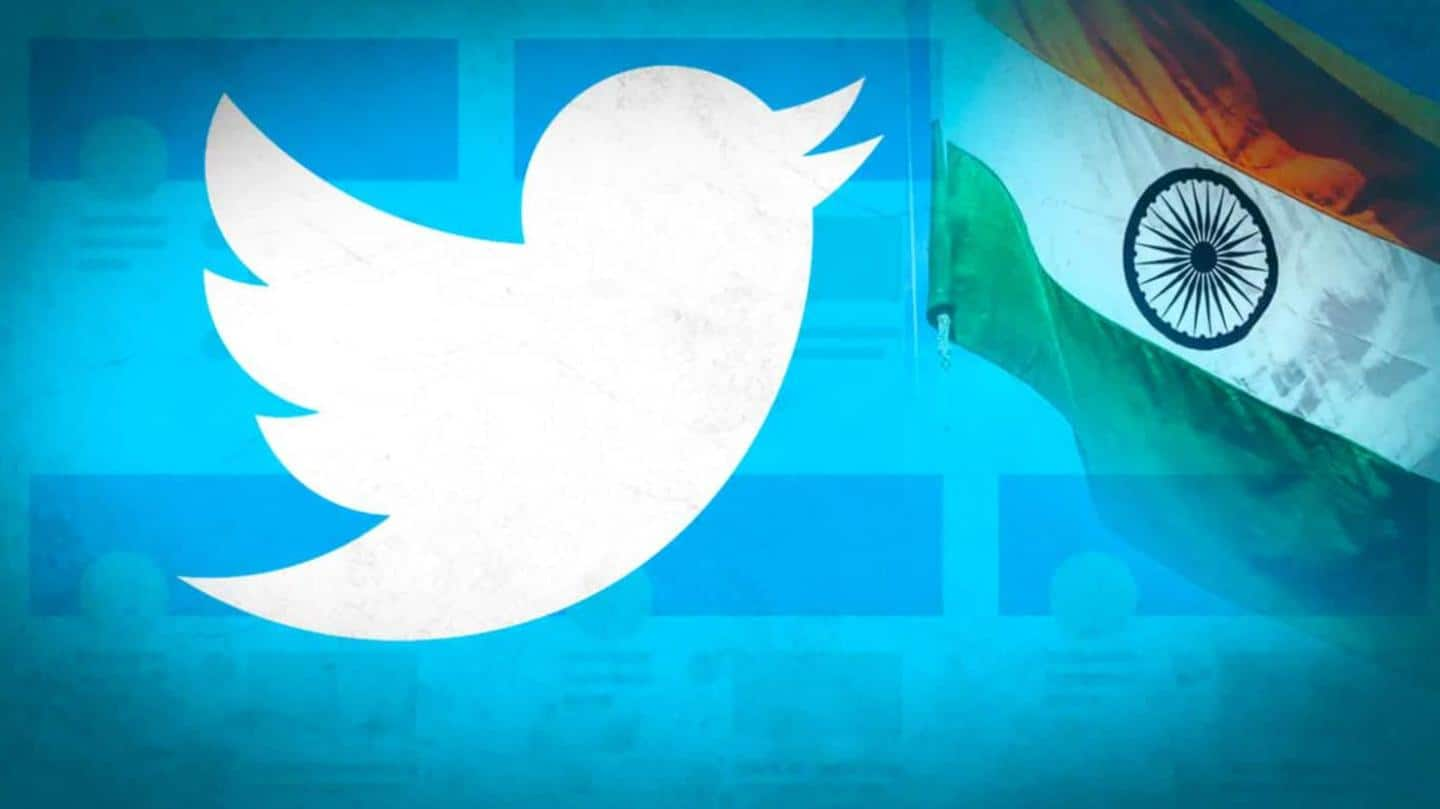
Twitter challenges Indian government in court over content takedown orders
What's the story
The long-drawn saga between Twitter and the Indian government has reached the corridors of the Karnataka High Court.
The microblogging platform has sought a review of some of the content takedown orders by the government.
In the lawsuit filed a day after the July 4 deadline given by the Ministry of Electronics and IT (MeitY), the company alleges abuse of power by the government.
Context
Why does this story matter?
Twitter and the Indian government have been at loggerheads for a while. From the company not complying with government orders to the police visiting Twitter offices, we have seen it all.
India is among the countries with the highest takedown requests and with the government planning more amendments to the IT rules, the decision in this suit could prove to be an important one.
Order
Centre warned Twitter of criminal proceedings
Twitter has been asked by the Indian government to act on content over the past year.
On June 27, an order was issued by the MeitY to comply with all government orders issued to date by July 4.
The government warned of criminal proceedings if it failed to comply. To not lose its liability exemptions as a host of content, Twitter complied this week.
Argument
Some government orders fell short of procedural requirements: Twitter
In the High Court, Twitter has argued that some of the government orders fell short of the procedural requirements of India's IT act.
The company has also submitted that some of the orders failed to give notice to the authors of the content.
In its filing, Twitter pointed out that removing some content would amount to a violation of freedom of speech.
IT act
Government can deny public access to content under IT act
India's IT act allows the government to block public access to content in the interest of national security, among other things.
In a document submitted by Twitter on June 26, it said that it blocked over 80 links, specific posts, and several accounts after being asked by the government.
Under the new rules, Twitter has little to no room to individually challenge the orders.